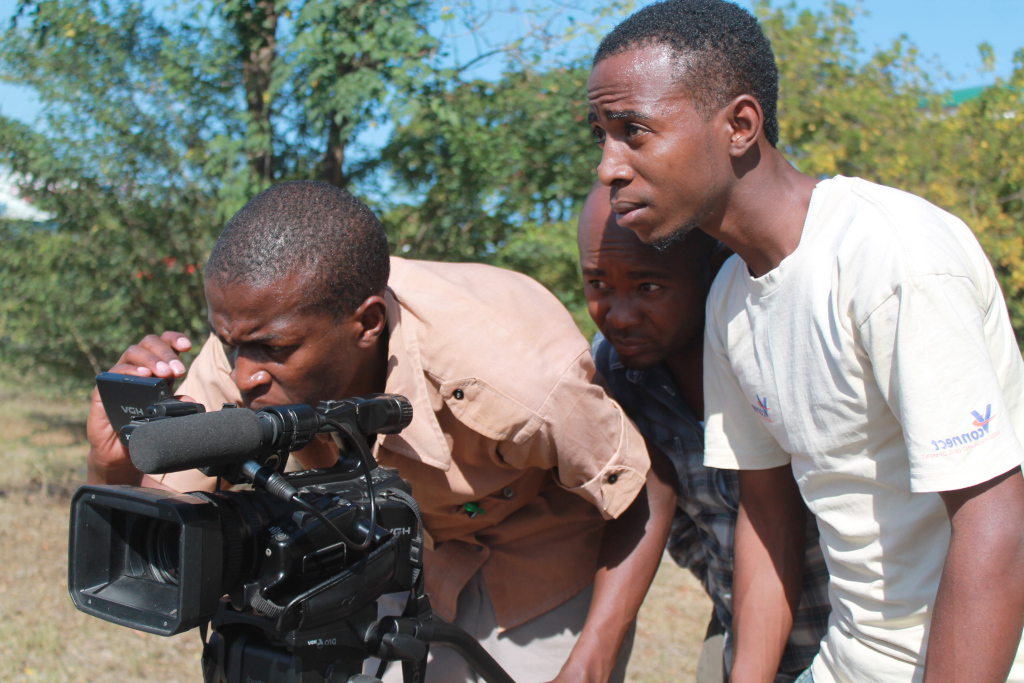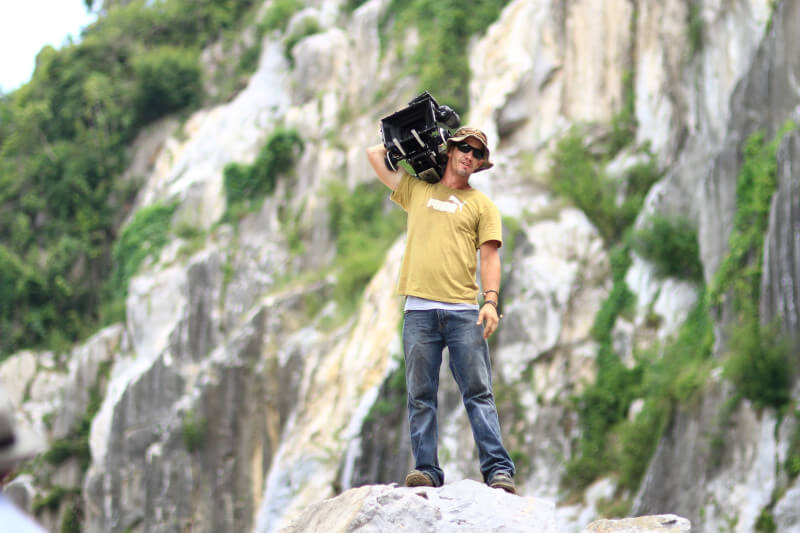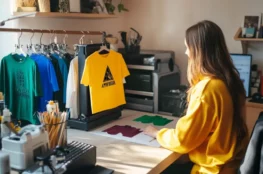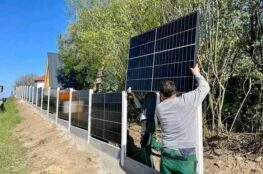Filmmakers are drawn to Africa for a variety of reasons. However, due to the continent’s size and the wide variety of regions, it’s often helpful to hire local, experienced film producers to assist with the various aspects of production, such as location scouting, logistical support, finding crew and experts, and getting permits and clearances. To ensure that your filming goes off without a hitch, we offer assistance and advice on a wide range of topics.
Everything a Filmmaker Should Know About Shooting in Africa
Below are a few of the stuff you ought to know before preparing for a filming excursion in Africa, as various African countries have varying laws regulating shooting in that nation, and this may necessitate the procurement of licensing and filming permit applications in a particular destination country.
Preparation in Advance
Before you start preparing production in Africa, you must first find out whether or not it’s doable to film in a particular location in that region. This is because, due to the nature of the operation, authorization might well be necessary and, for safety purposes, it could be rejected.
Access to a Location for Filming
Production companies that wish to shoot in the majority of African countries should be aware that they may need special permission to do so. Location filming permit applications, press certification, visas, kit border control clearing, and countless other authorizations and licenses may be required, depending on the country. If you don’t have these things, you might get kicked out, have your filming or photography equipment seized, or even face criminal charges.
Price Tags and Funding
Africa is not only a beautiful location but also a relatively inexpensive one. A local production company will be capable of maximizing your budget and taking advantage of the extensive film facilities that already exist.
Manpower, Recruitment, and Administration
A film production company has access to talented directors, camera operators, and other experts, most of whom have experience working on international shoots, in both countries with weak film industries and countries with strong film industries. There are many wildlife actors accessible in Africa, in addition to the many humans (mainly non-unionized) models, performers, and actresses. Animals of all sizes, from wild game to household pets, can be organized to be used in your production if necessary, but it might require some advanced planning.
Language Interpretation for Footage Filming
Because English isn’t a widely spoken language in Africa, an interpreter may be necessary. A production company, nevertheless, can make arrangements for extra assistance if you need it.
Make Use of Local Production Companies
A local production company is necessary to help with acquiring necessary filming permits, scouting potential locations, booking lodging and transportation, providing visa guidance, and a lot more. To get things set up on the ground, numerous film crews reach out to locals. We do, however, argue that it is smart to consult a registered production company that will manage all your prerequisites and, if something goes wrong, agencies ought to be capable of finding alternatives and a way to proceed for the film crew. Visit this page to get in touch with a local, established production company that will seamlessly assist you with all of the above.
Moving to Filming Locations
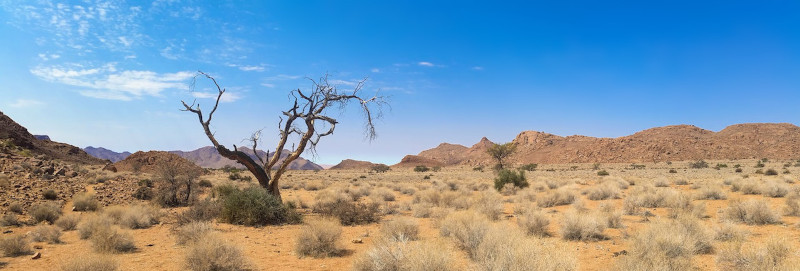
Several international airlines provide daily service to Africa, and many domestic airlines serve popular African locations. Some African countries have well-maintained roadways and thorough infrastructure, which makes it simple to transfer crew and equipment between locations, while other African countries have really weak infrastructure structures, which may necessitate more complex logistic support preparation.
Places to Stay in Africa for Filming
Many African countries offer a variety of lodging options, and rebates are often offered to big groups or extended stays. Many production companies can assist with finding lodging that suits your needs and budget, whether you’re looking for a hotel room or a place to cook your meals in the wilderness (which may be a requirement in some locations).
Film Crew Entry Visa Requirements
Obtaining a visa to enter Africa is not a walk in the park, which is why a film production company can be an invaluable asset. Personnel of production companies, agencies, and technical staff make up the Oversight Group, while models, art actors, and directors are more commonly found in the Specialist Group. Depending on which category you slip into and whether or not you have a letter from the production house that will facilitate your production, you may or may not need to request a visa in advance. The country of origin is another factor in being granted entry into Africa.
Costs During Filming Premiums
Daily filming timetables in Africa typically last 10 hours and include a one-hour lunch interval, with extra hours paid at time and a half or double time, respectively. The team at YLO can help if you need a fixer to assist with budgeting in this regard, as this can lead to unexpected costs during filming and cause delays if not planned for in advance.
Constructing Sets and Securing Studio Space
There are currently established studios in certain African countries, but if you need a set built, it can be organized; many of the native art directors here have experience building sets for global shoots in established African nations such as South Africa and Nigeria. Your film production company can also facilitate the use of abundant local equipment and technological resources.
Substantial Tax Breaks and Rebates
Depending on the nature of the production and the country in question, foreign productions could be eligible for tax rewards and fee waivers. This is especially true if the film is intended to promote a service or product, such as tourism, and the nation can demonstrate how doing so will improve its economy.
Procedures for Obtaining Permits to Use Filming Equipment on Safari in Africa
Documentary film crews should be patient, as it may be difficult to acquire the necessary filming authorizations in many African countries. Permits can take up to two to three weeks to secure under ordinary situations, though depending on the scope of your shoot, you may be able to secure the necessary paperwork in as little as two to three business days. This is because the bureaucratic system seems to lengthen the time it takes to get permission from government agencies. A minimum of three months’ notice may be required for drone permits.
Preparing a Spending Plan to Carry Out the Shoot or Filming Project
It costs money to get permits, scout locations, book lodging, and rent vehicles and equipment. There is no such thing as a free movie. Wilderness Explorers will do everything we can to accommodate your filming budget, but because nothing is simple in Africa, we strongly advise that you prepare for unexpected costs during the shoot.
Warnings for Your Safety on Your Trip
While it’s true that many African nations have relatively high levels of crime, this is often localized and there’s a robust police force to deal with it. Many international production companies have filmed in Africa without incident, and collaborating with a local production company can assist you in avoiding problematic areas and getting other useful travel advice. So, if you’re ready to hire a local production company that can assist you with all of the above in South Africa, click here.

